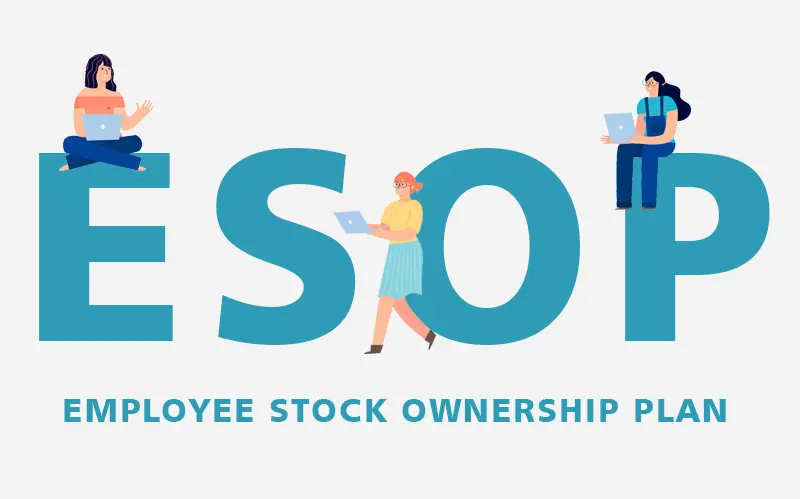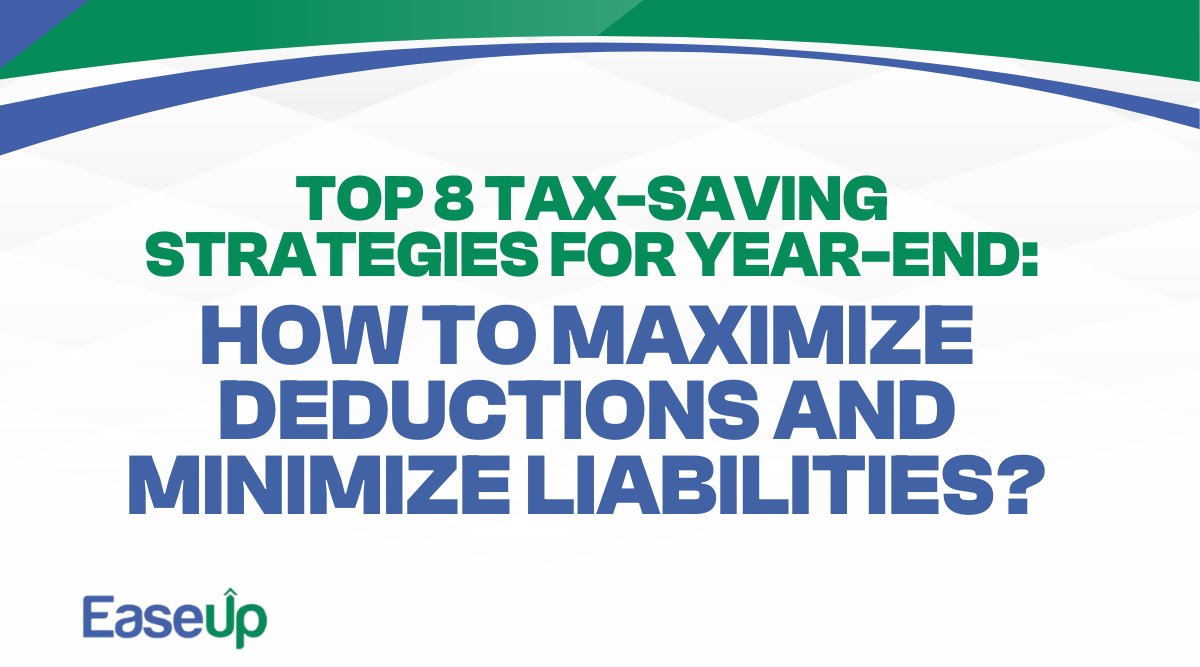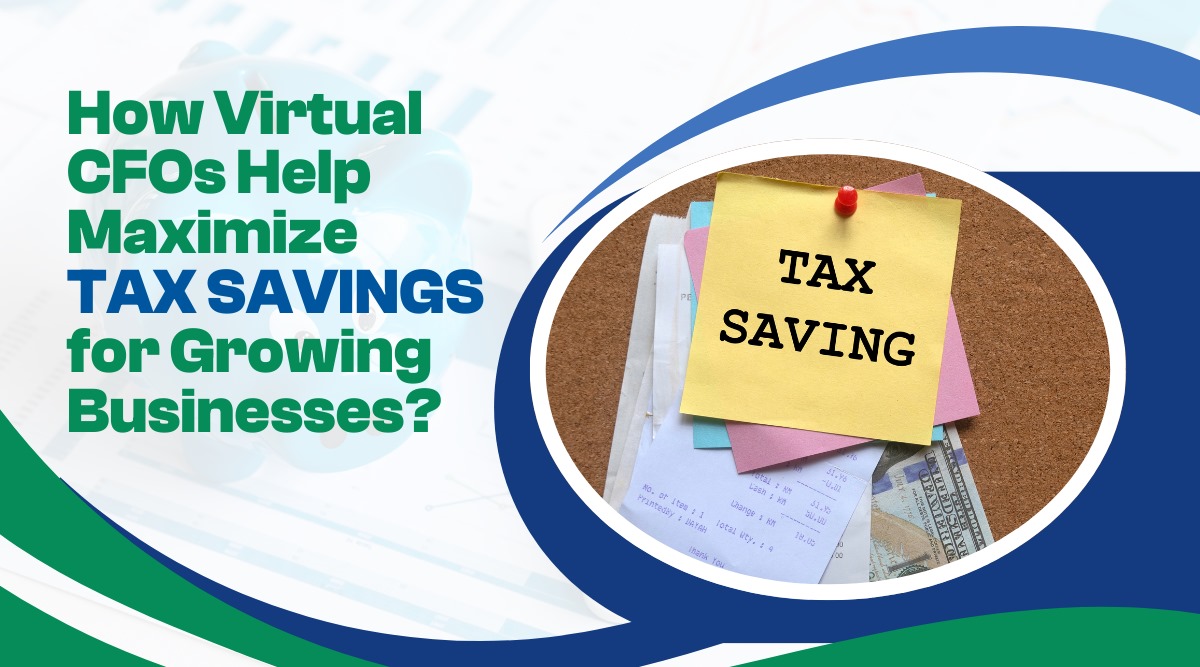

+91 9826266300

10.00 AM - 7.00 PM


The Ultimate Guide to Issuing Employee Stock Option Plan (ESOP)
Published at: Mar 14,2023

ESOP or Employee Stock option Plan is an employee-owner method that provides ownership stake to its employees. Organizations utilize this approach to attract, motivate, and retain their employees. The employees are provided with an option and are not obligated to accept this scheme.
The shares of the companies are given to the employees at discounted rates. ESOP can be issued by any company. All companies other than listed companies should issue it in accordance with the provisions of the Companies Act, 2013, and Companies (Share Capital and Debentures) Rules, 2014. In the case of listed companies, they should issue in accordance with the Securities and Exchange Board of India Employee Stock Option Scheme Guidelines.
Benefits of ESOP
It keeps the employees motivated as direct stakes are involved.
ESOPs represent a significant method of compensation for employees. They assist in preserving a startup’s liquidity and serve as a recognition of loyalty for the employees.
Employees find ESOPs to be an attractive motivation for joining a startup company besides the in-hand salary.
ESOPs inculcates a sense of ownership among employees, particularly when companies are unable to provide high compensation packages.
To Whom Can The ESOP Be Issued?
Rule 12(1) of Companies (Share Capital and Debentures) Rules, 2014 states that ESOP can be issued to the following employees-
A Director of the company, including a whole-time or part-time director but not an independent director.
A permanent employee of the company who is working in India or outside India.
A permanent employee or director of a subsidiary company in India or outside India, or holding company, or an associate company.
A company cannot issue ESOP to the following employees-
An employee who is belonging to the promoter group or is a promoter of the company.
A director who either himself or through any body corporate or through his relative holds more than ten percent of the outstanding equity shares of the company, whether directly or indirectly.
The ESOPs can be issued through two routes:
Equity Route-The company grants equity shares to employees as they exercise the option.
Trust Route- The company forms an Employee Welfare Trust for the administration of ESOP in the company. The company issues shares to the trust which is forwarded or transferred to the employees upon the exercise of options.
Taxation of ESOP
Income tax should be paid in two situations
At the time of giving ESOPs- The income is treated as perquisites which form part of the salary of the employee. The employer is required to deduct TDS and the income is calculated as the difference between the fair value of each share and the market value.
At the time of the sale of ESOPs- The gains arising out of ESOPs are capital gains. The capital gain is the difference between the sale price and the price at which it was awarded to the employee. The tax should be paid in the year of the sale of ESOP.
Conclusion
ESOPs have proved to be highly effective instruments for both large corporations and startups. Organizations use them to retain their skilled workforce and talent, while startups use them to recruit new talent and attract more workers. These plans are particularly advantageous for companies that are unable to provide high salaries. Additionally, the feeling of ownership provides motivation for employees to work hard and diligently.
We can help you in the implementation of ESOP for your Tech company. We can assist you in resolving all the accounting issues that IT companies encounter on a daily basis.
If you’re considering outsourcing your accounting functions, your search for a reliable partner ends here. Ease Up can help you. We are the leading accountants for Technology companies & Tech startups in India. We have provided services to multiple Tech companies and helped them in their accounting and bookkeeping operations.

CA Aditya Chokhra
December 30, 2025

Empower Your Business with Expert Financial Consulting
Latest Post
Leave a Reply

Contact us and subscribe to our newsletter to receive expert advice and industry updates.

Mumbai: A-116-1st Floor, Super Shopping Complex, Bajaj Cross Road, Near Kandivali Station, Kandivali (W), Mumbai 400067.
Ahmedabad: 315 Abhinav Arcade, Nr. Kothawala Flats, Paldi, Ahmedabad 380007.
Pune: B 602, The Onyx, Pink City Road, Shankar Kalat Nagar, Pune 411057.
Gurgaon: 1123 JMD Megapolis, Sector 48, Gurgaon - 122018, Haryana.
Bhilwara: C - 147, Shashtri Nagar, Bhilwara (Raj).
Surat: 6019, World Trade Center, Ring Road, Surat - 395002.
Copyright © 2025 Easeupnow. All rights reserved.


















